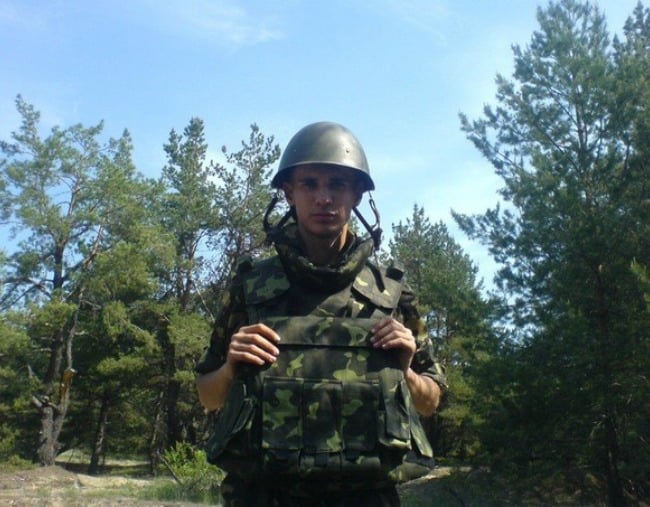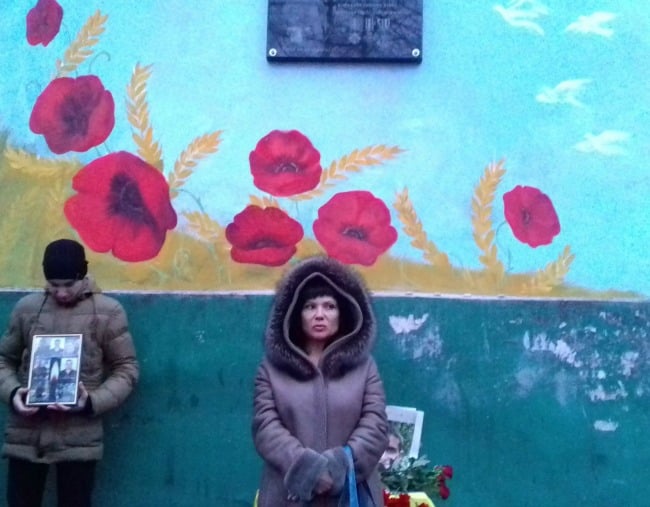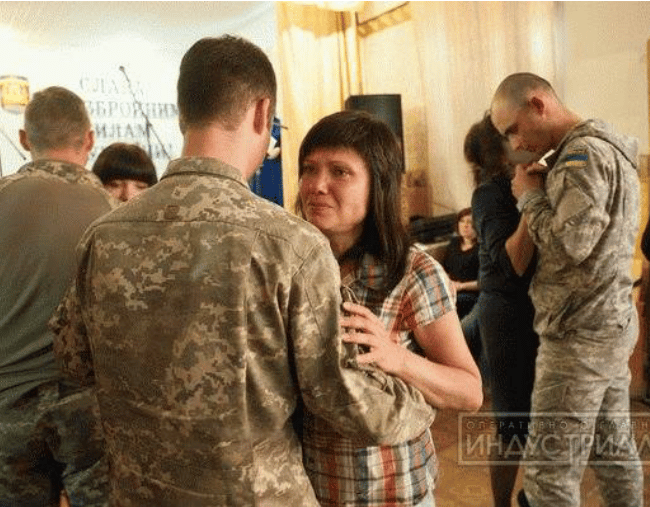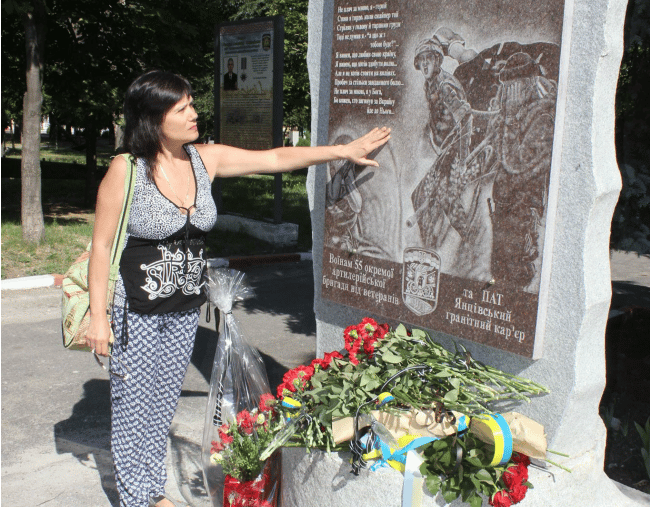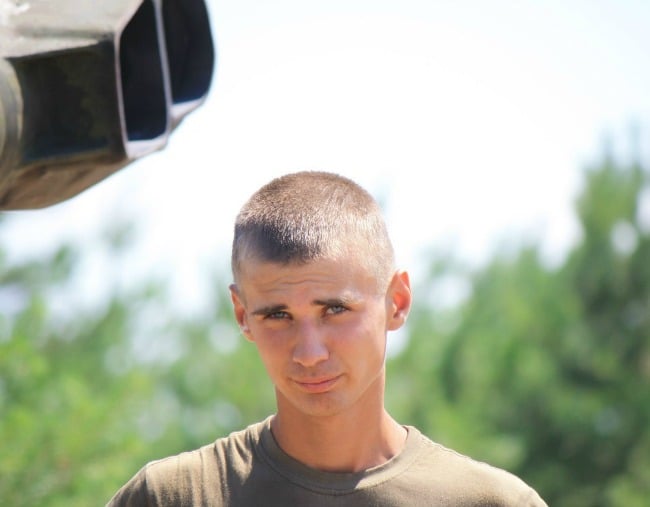
Svetlana sits at the table of her small apartment in Ukraine, both hands cupping her tea. Its freezing cold outside, but her Soviet style apartment block still has good heating. She is worrying for her son, Zhenechka. It’s been days since she last spoke to him. He’s only 22, but he’s on the frontline in the country’s East, fighting Russian troops. She stares out at the falling snow and wonders whether he is dead or alive.
Zhenechka never wanted to tell his mother he was on the frontline. He was afraid she might get upset. It was 2014, the war – which has since led to about 10,000 deaths – was at its peak. Every mother in Ukraine was getting anxious.
She did eventually found out the truth of where he was, about six months after he left. And of course, she panicked. It was already enough to know he was in the army, but now he was in real danger. She watches the news every night. She knows what’s happening a few hours down the road from her. Russia is silently invading her country.
